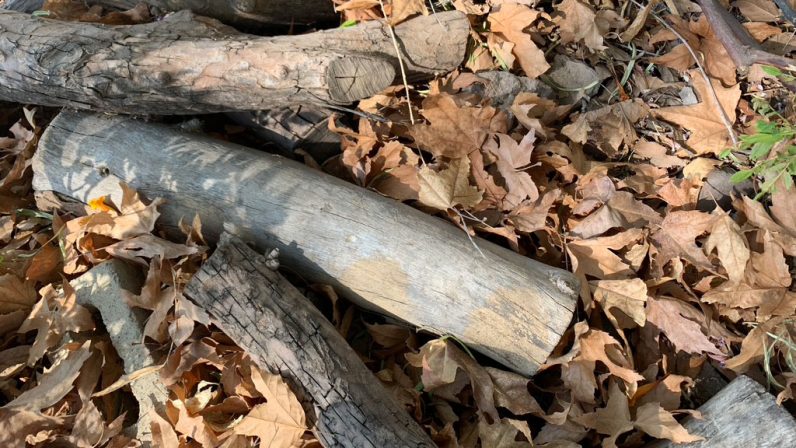It’s a week before Thanksgiving, and we hit a record 92 degrees on Tuesday. Hardly anything surprises me these days. In addition to the unusual weather, it’s a time of profound change, both externally and internally. Certain world events have triggered profound changes in myself, one of the most significant being the killing of George Floyd on May 25. Something shifted for me at that time, and since then I’ve been hyper-vigilant about how to approach situations that might be considered racist or, at the least, inaccurate. The traditional Thanksgiving story is one of those situations.
For years we’ve tried to implement the anti-bias curriculum here at the Seed, avoiding stereotyping in art projects, activities, and lessons. Over the past few years, our emphasis has been on gratitude, focusing on what we are thankful for in our immediate lives. We’ve still had our all-school feast, without much attention given to the history of Thanksgiving. Due to COVID-19, we won’t be having our feast this year. We are again immersing ourselves in gratitude, and each class is going to decorate the door of another class in appreciation for what they offer to our school. Beyond that, I’m feeling the need to gather further information about the factual history of Thanksgiving so we can approach the holiday in a more responsible way. This will include learning about the Wampanoag, “People of the First Light,” who are associated with the traditional Thanksgiving story. It will involve absorbing the fact that in years prior to the event, tens of thousands died of a plague, introduced to the native people by the English. Additionally, it will mean embracing the perspective of native people to understand why, for many, Thanksgiving Day is a day of mourning.
I don’t pretend to be an expert on this topic, and my intention is not to place blame. I’m just beginning to examine this uncomfortable segment of our country’s history and in so doing, I hope what I learn can be passed along to others. What feels important at the moment is to keep looking, to stay in the uncomfortableness, and be willing to have hard conversations about it as they arise. I believe this is how we will move forward as a school and as a culture in general. As a leader of the Seed I’m committed to doing my own work around these issues, so I can be a better citizen and role model for others. As we develop greater awareness, we’ll be more prepared to teach our students to be the strong, courageous advocates the world needs them to be for a healthy future for our planet.

